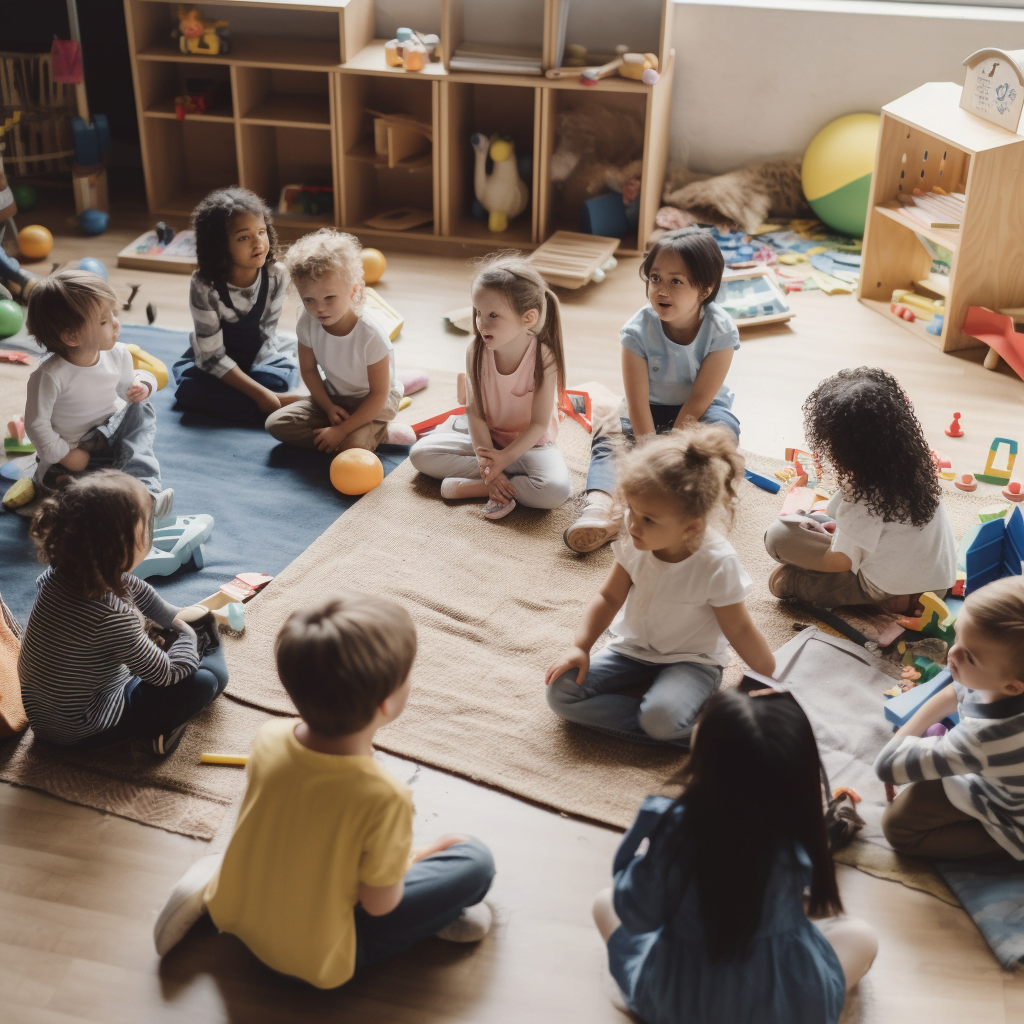
In psychology, social development is the process of learning and developing emotional and social skills, especially in a person’s youth and childhood. Having a good social development is highly correlated with a successful life outcome. It usually involves having the ability to create positive relationships in all aspects of life. Most people also continue developing as they age.
The Journey of Social Development: A Never-Ending Story
Just like a roller coaster ride, social development takes many twists and turns throughout life. It starts at a young age and continues throughout adulthood, with each stage of life offering unique experiences and lessons to learn. Social development isn’t a one-time event; it’s an ongoing adventure where one can pick up new skills and insights along the way.
Social Butterflies: The Importance of Social Skills
Like a butterfly emerging from its cocoon, social skills help people connect with others and navigate the complex world of social interactions. These skills are crucial for creating and maintaining relationships, cooperating with others, and understanding and managing emotions. Without these essential abilities, it would be like trying to win a dance competition with two left feet.
All Aboard the Social Development Train: Milestones and Stages
Social development doesn’t happen overnight; it’s more like a train ride with various stops along the way. Each stage of life presents unique challenges and opportunities for growth. Here’s a quick overview of the different stages and their significance in social development:
- Infant (0-2 years): Like a tiny seedling, social development begins in infancy. Infants learn to trust caregivers, recognize emotions, and respond to social cues.
- Early Childhood (3-5 years): As the seedling grows into a small plant, children start developing friendships, learning how to share, and understanding basic social rules.
- Middle and Late Childhood (6-12 years): Like a maturing tree, social development expands during this period. Children learn to cooperate with others, empathize, and develop self-control.
- Adolescence (13-18 years): The tree reaches its full height, and adolescents grapple with identity, peer relationships, and complex social situations.
- Adulthood (19+ years): As a sturdy, full-grown tree, adults continue to hone their social skills, form and maintain relationships, and adapt to life’s changes.
The Magic Behind Social Development: Theories and Concepts
Social development is a bit like a magician’s trick – there’s more to it than meets the eye. Various theories and concepts help to explain how and why social development occurs. Some of the big names in this magical world of psychology include:
- Erik Erikson: Famous for his eight-stage theory of psychosocial development, Erikson believed that each stage presents a unique challenge, and overcoming these challenges leads to personal growth.
- Jean Piaget: Piaget’s four-stage theory of cognitive development focuses on how children think, learn, and make sense of the world. Social development, according to Piaget, is closely linked to cognitive growth.
- Lev Vygotsky: Known for his sociocultural theory, Vygotsky emphasized the importance of cultural and social influences on learning and development.
Social Development in Action: Examples to Illuminate the Path
Like a flashlight in a dark room, examples can help illuminate the concepts of social development. Here are a few examples to bring these ideas to life:
- Sharing Toys: When a young child learns to share toys with their friends, they are developing crucial social skills like cooperation and empathy.
- Joining a Sports Team: Being part of a sports team can help children and adolescents learn teamwork, communication, and conflict resolution.
- Building a Support Network: Forming and maintaining friendships and relationships with family members, partners, and coworkers help adults navigate life’s challenges and create a strong support network.
- Conflict Resolution: Learning to resolve conflicts in a healthy and constructive manner is an essential social skill that helps maintain and strengthen relationships.
- Adapting to Change: Life is full of surprises and changes, like a mystery box full of twists and turns. Developing the ability to adapt to new situations, such as moving to a new city or starting a new job, demonstrates the growth of social skills throughout adulthood.
Keep on Growing: Tips for Fostering Social Development
Social development is like tending to a garden; it requires attention and care to flourish. Here are a few tips to help nurture social development at any age:
- Encourage Playtime: Play is the universal language of children, and it’s a great way for them to develop social skills, creativity, and problem-solving abilities.
- Promote Empathy: Foster empathy by encouraging understanding and compassion for others. Share stories, model empathetic behavior, and discuss emotions openly.
- Teach Communication: Encourage open and honest communication, and practice active listening. These skills are vital for building strong relationships and resolving conflicts.
- Be a Role Model: Show by example what it means to be a good friend, partner, or coworker. Modeling positive social behaviors can go a long way in fostering social development.
- Provide Opportunities: Create opportunities for social interaction, such as joining clubs or participating in group activities. Meeting new people and facing new social situations can help improve social skills.
The Social Development Adventure: A Journey Worth Taking
Like a thrilling adventure, social development is a journey filled with ups and downs, twists and turns. From infancy to adulthood, social development plays a crucial role in shaping a person’s ability to connect with others and navigate the complexities of life. By understanding and nurturing social development, individuals can unlock the door to a rich and fulfilling social life. So, buckle up and enjoy the ride!




